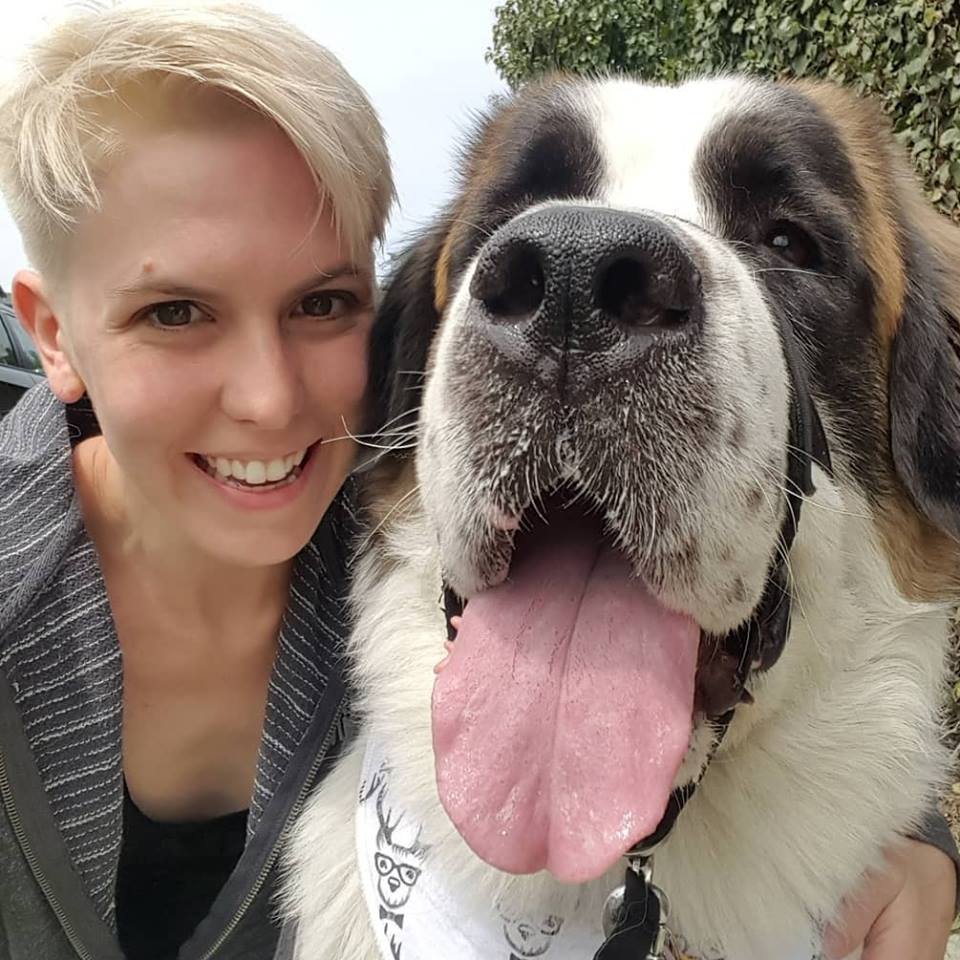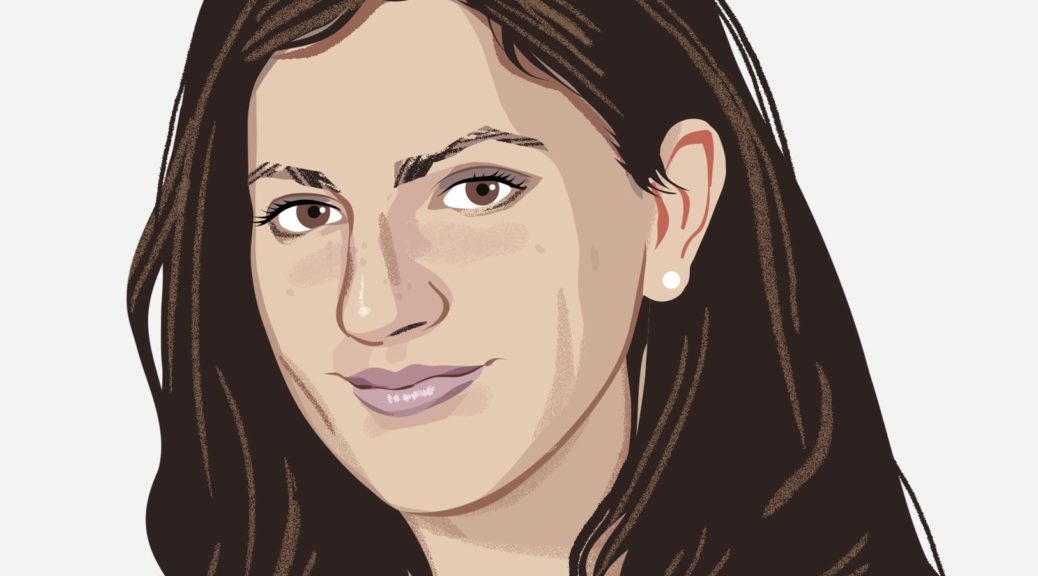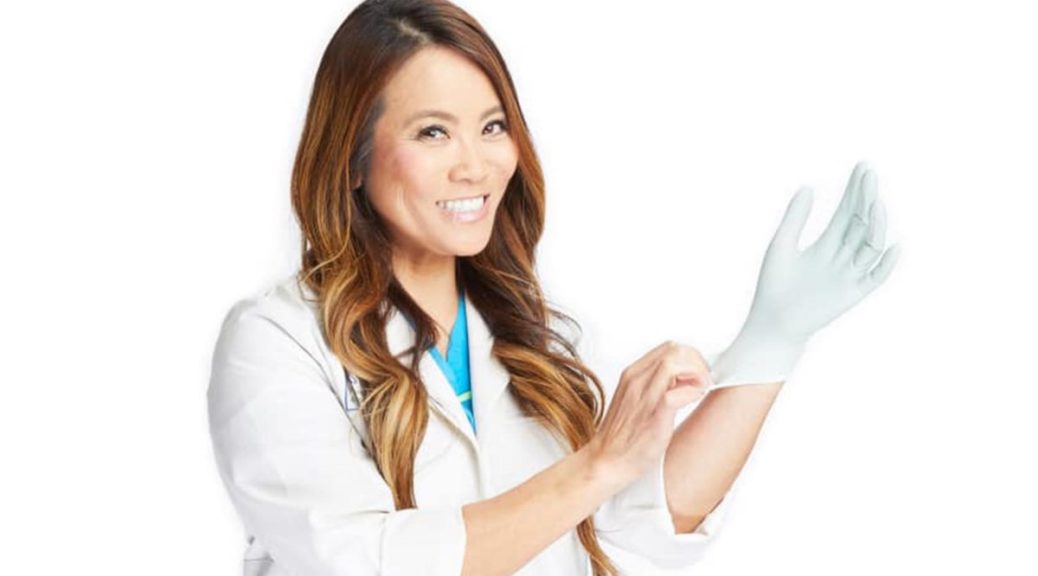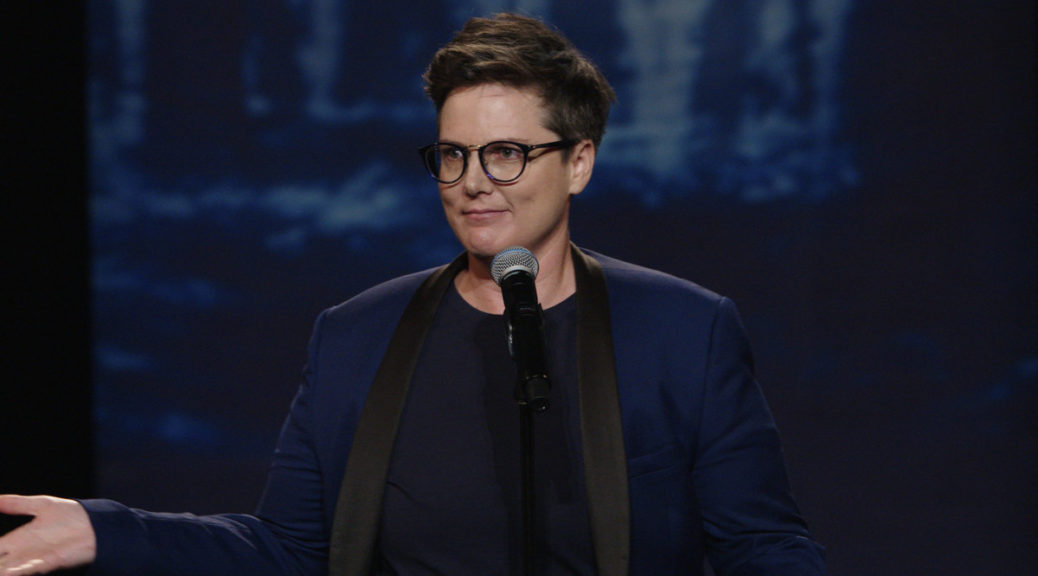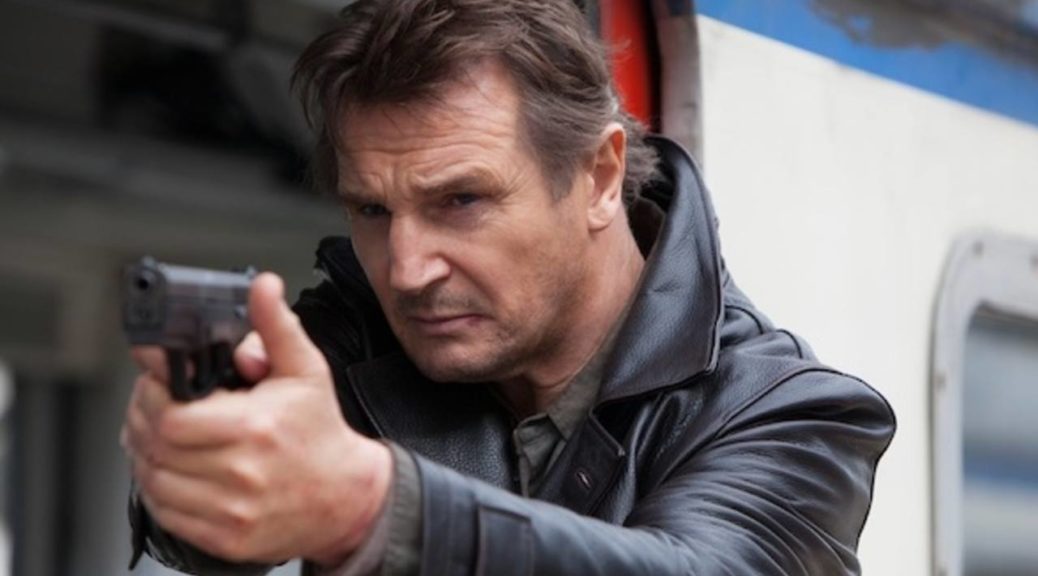A show that allows us to revel in our imperfections!
Two weeks ago, “Dr. Pimple Popper” made its debut on TLC. The show follows dermatologist Dr. Sandra Lee as she treats patients with unusual skin conditions. She earned her name through her Youtube channel where she post “popping videos” in which she removes cysts and blackheads. Popping videos have their own unique subculture, but because hers are produced in a sterile environment with top of the line tools, she’s seen over 2 billion views.
Beyond the ick factor of watching graphic skin procedures, there’s a lot that gives pause about the show: TLC, as a network, does not have the best history when it comes to exploiting the real-life people on its shows; outside the surgery, this could come across as a freak show in which we marvel at people with strange lumps, like this is a PT Barnum joint in the 1920s; and there is something terribly perverse about living in a country where healthcare is so expensive that people will go on television in order for low- or no-cost necessary care. Needless to say, I went into these first two episodes with a fair amount of skepticism. Instead of gross medsploitation, however, Dr. Lee and her patients taught me both about my skin and the vital importance of being able to put our best face forward.
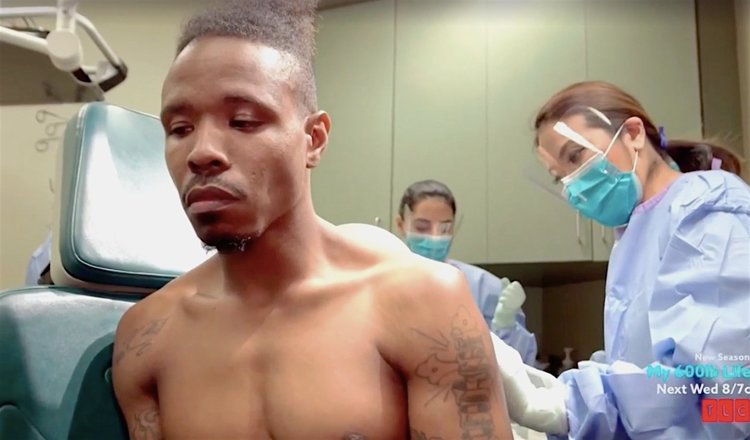
What really struck me in watching the two existing episodes is the constant refrain of people who put off treating their skin conditions because it’s deemed cosmetic by insurance companies or because they felt it was vain and there were better uses of their time. For as much as we take it for granted, our skin is an organ. If we had a benign lump on our heart or spleen or kidney, we would still have it removed, just in case. But because our skin is something we decorate and moisturize and treat more like our clothing than the vital body part it is, no one seems to take it as seriously.
Doctor Lee, however, takes skin very seriously. But she does so with a kindness and compassion for her patients that I find absolutely refreshing. Because she’s seen it all before, she talks to people who have felt shame and gives them a sense of hope. One woman in episode two suffered from a rare condition called hidradenitis suppurativa that caused severe, painful series of fistulas all over her torso. Since she was eight years old, no doctor had taken her seriously. Because sweating exacerbated her condition, she could not do much physical activity, which caused weight gain, which led to one physician dismissing her condition as weight-related. It was heartbreaking. But Dr. Lee did not shirk away from the problem. She treated this woman with respect and put her in touch with another woman who had the condition, making this woman feel less alone. It was a beautiful moment in which the audience got to see that health is not just being free of physical ailments, but also a matter of mental and emotional well-being.

Although most people would never mock or bully someone with a visible skin condition, “Dr. Pimple Popper” is a lighthearted reminder that what may seem gross or horrific at first glance is actually very human. She treats patients of all ages, ethnicities, sizes and shapes, and each lump and pustule is for Dr. Lee not something to be feared, but something to examine. Her curiosity is infectious. After removing the largest lipoma she had ever seen from a woman’s neck, she encourages the woman to look at what was inside her with the sort of glee I normally reserve for puppies. They weigh it together, and she explains that it’s just fatty tissue.
Our bodies are capable of the strangest, most bizarre phenomena. They are imperfect machines that sometimes scar or grow cysts or glitch in a way that can be visible and embarrassing. What “Dr. Pimple Popper” does is to remind us that our skin is not scary or foreign, that it doesn’t have to be perfect, but that we can embrace it for the fascinating organ that it is.
Samantha Garrison belongs to a Saint Bernard named Laddi, so her life is an endless stream of drool. She believes in Ewoks, the true saviors of the galaxy far far away, Tilda Swinton, and a world without Jurassic Park sequels.
